In recent months, a viral rumor has emerged on social media, claiming that the U.S. government is offering a $185,000 stimulus check to homeowners. This claim, while sensational, is entirely false. Understanding the origins of this misinformation and its implications is essential for protecting yourself from scams and false hopes.
Origins of the Rumor
This Article Includes
The rumor about a supposed $185,000 stimulus check gained traction on various social media platforms, often presented as a “new emergency housing stimulus.” Some posts even attributed this purported measure to the Biden administration. However, federal agencies, including the IRS, have explicitly stated that no such program exists.
How Misinformation Spreads
The spread of this false claim highlights the ease with which misinformation can propagate online, especially when it appears to offer financial relief. Misleading social media posts often direct users to fraudulent links, which may lead to websites that are unrelated to any legitimate U.S. government source. These tactics not only spread false information but can also compromise personal data and financial security.
The Reality of Government Assistance Programs
While there is no truth to the $185,000 stimulus check, the rumor likely gained traction due to the genuine economic hardships faced by many Americans during the COVID-19 pandemic. The government previously provided direct financial aid, but those measures concluded in 2021. Confusion about current assistance may arise from the legitimate programs that exist but do not provide anywhere near the rumored amount.
Existing Assistance Initiatives
There are legitimate housing assistance programs designed to help homeowners, although none offer direct payments close to $185,000. One such program is the Homeowner Assistance Fund (HAF), established by the American Rescue Plan Act. This program provides aid to homeowners impacted by the pandemic, focusing on mortgage payments, utility costs, and property taxes at the state level.
In addition, the Biden administration recently announced a tax incentive for first-time homebuyers, offering a tax credit of up to $10,000. However, this is a tax credit, not a cash payment, and applies specifically to first-time buyers, making it far less than the $185,000 mentioned in the rumor.
The Importance of Verification
To prevent the spread of false information, it is crucial to verify any claims about significant financial aid. If you come across assertions regarding a $185,000 stimulus check, recognize it as misinformation. No government program or pending legislation is providing such a sum to homeowners in the U.S.
Relying on Trusted Sources
To verify the legitimacy of government programs, consult official sources such as the IRS, the Department of Housing and Urban Development (HUD), and other federal agencies. These organizations maintain up-to-date information regarding available aid. If an offer seems too good to be true, checking with these trusted resources is a wise approach.
Conclusion: Staying Informed and Safe
Rumors of large-scale financial aid can be misleading and potentially dangerous. Such stories can prompt individuals to click on fraudulent links or share personal information on insecure websites. Cybercriminals often exploit these situations, leading to identity theft or other malicious activities.
By being vigilant and informed, individuals can protect themselves and their communities from misinformation and scams. Approaching extraordinary claims with skepticism, recognizing signs of scams, and knowing how to fact-check information are essential steps in combating the spread of false narratives, like the mythical $185,000 homeowner stimulus check. Staying informed and relying on reputable sources will help individuals navigate the complex landscape of financial aid and avoid falling victim to rumors and scams.

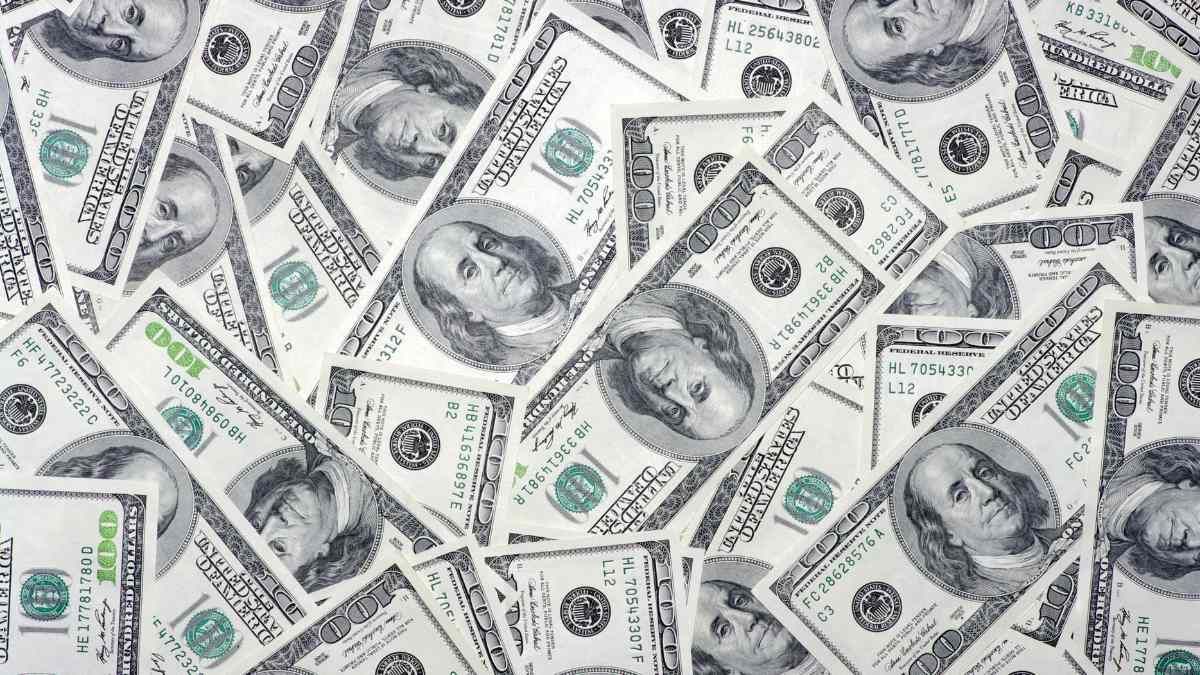
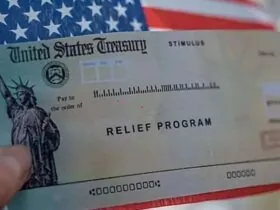
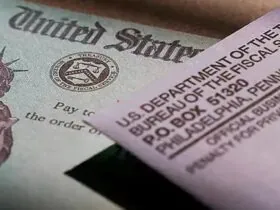
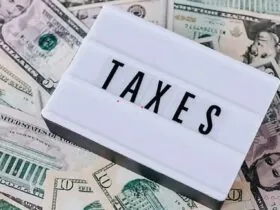
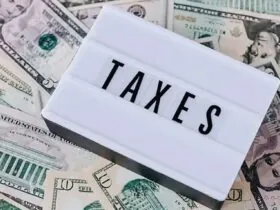
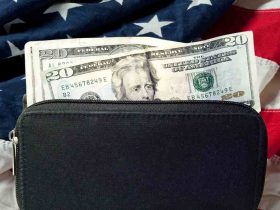
Leave a Reply